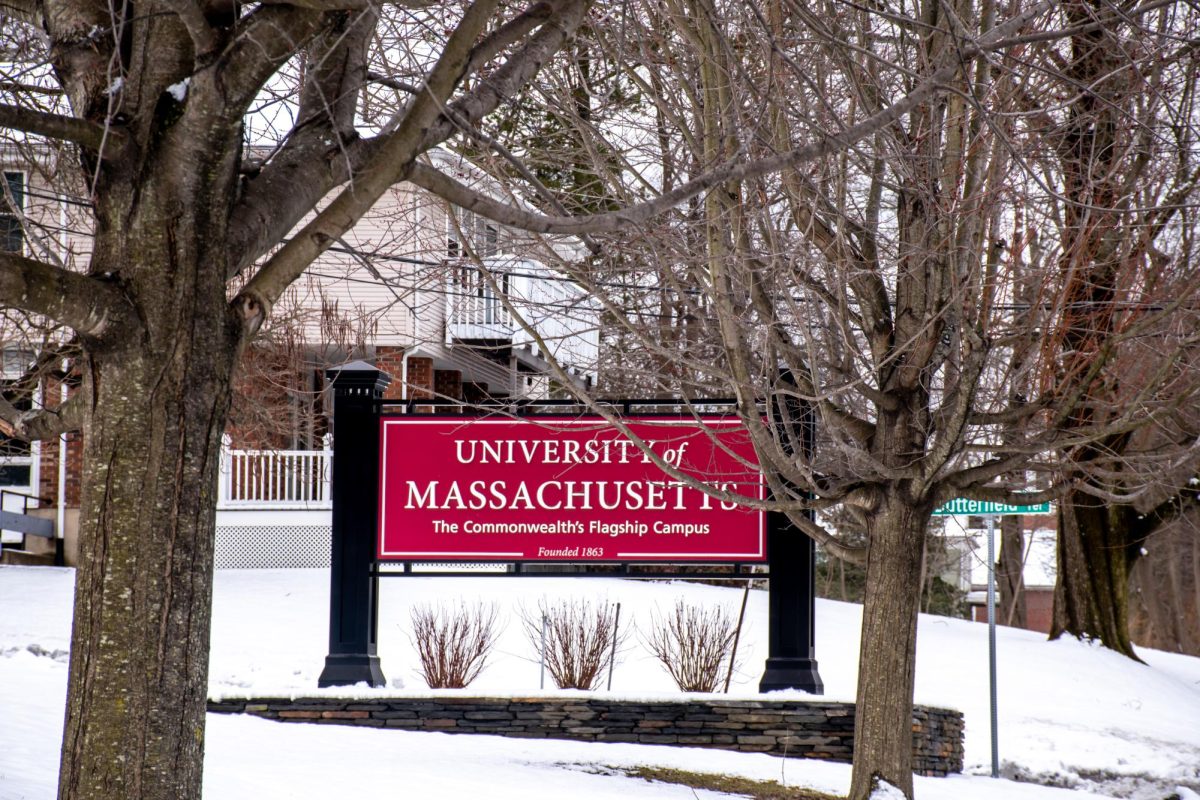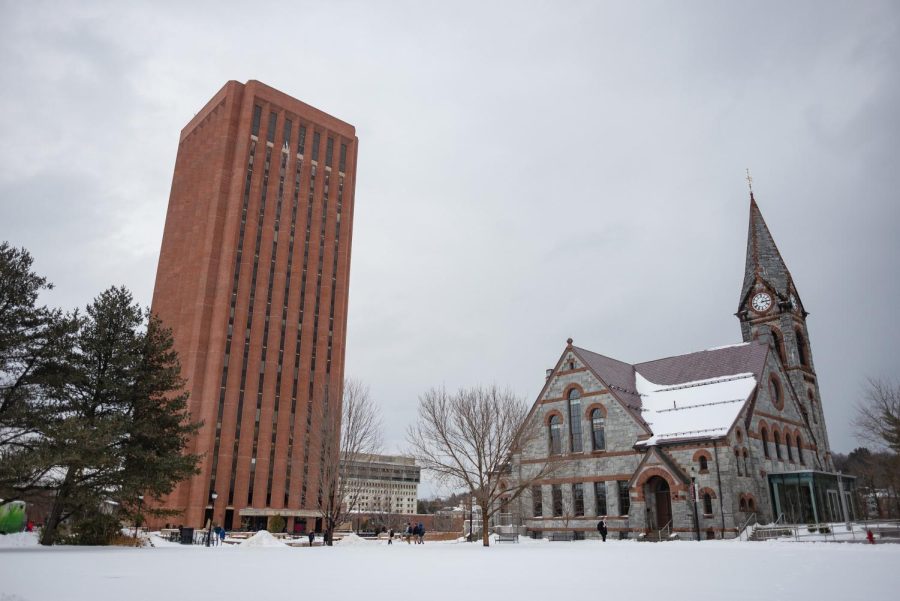Editor’s note: This is part of the Daily Collegian’s St. Patrick’s Day special issue.
It is hard for Irishman Andrew Fox, a doctoral candidate in the University of Massachusetts English department, to take the holiday that personifies his culture as a drunken leprechaun seriously.

“It’s such an overblown thing,” said Fox in an email. “And a thing which attracts a lot of simplistic and potentially harmful identifications – I’m thinking here of leprechaun hats and public drunkenness and that sort of thing – so of course it’s problematic in some respects and hard not to feel conflicted about.”
The celebration of St. Patrick’s Day has changed a lot since he was young, with small town gatherings being replaced with by over-the-top events.
As a child in Skerries, a town located in northern county Dublin, he remembers going into town and standing on O’Connell Street to watch the floats go by.
“I remember little things going on in the town where I grew up – céilís and music sessions and things like that,” he said. “Back then, the best organized participants were always the marching bands who fly in every year from American high schools.”
It was a simpler affair than today’s parades through Dublin designed to attract tourists, he said.
“The biggest element of this change has been the transformation of the celebration from a day-long event into a week-long festival including in recent years some very elaborate fireworks displays and that sort of thing,” said Fox.
Fox said that, combined with American influence, a rapid period of economic growth in Ireland between 1995 and 2007 contributed to the transformation of the holiday.
To attract tourists to the event, Dublin created a celebration that “eclipses them all” and was marketed as such.
“In Ireland, St. Patrick’s Day has changed a lot even in my lifetime,” said Fox. “When I was a kid the celebrations weren’t, I don’t think, centralized like they are today.”
But there’s one place that hasn’t really changed despite the recent commercialization: the bars.
“Drink is a big part of the celebrations at home. To a certain degree, I suppose it is a drinking holiday, but most holidays are in Ireland,” said Fox. “It’s not a particularly nice day to be in pubs though, since they’re so overcrowded and hysterical.”
According to Fox, these extravagant celebrations are not that different from what would be seen in New York City or Chicago, as the holiday has evolved from a celebration of St. Patrick – the patron saint of Ireland – to a celebration of Irish identity.
“There is a school of thought which says that the modern form of the celebration – that is, it being a celebration of Irish identity, rather than of the saint after whom it is named – is primarily an American phenomenon,” said Fox. “That line of thinking would have it that the spectacle of the celebration is a reflection of immigrant, diasporic pride and/or nostalgia, hence its secularization and demonstrativeness, which was re-imported.”
Fox does not believe the holiday is important to Irish culture, but he doesn’t discount the day either.
“My own ideas of what St Patrick’s Day means – as, I imagine, are those of many Irish people – are a little conflicted. My own abiding personal feeling about what the day is, however, is that it’s a bit of fun – something which we could all do with a little bit of these days,” Fox said.
Katie Landeck can be reached at [email protected].











